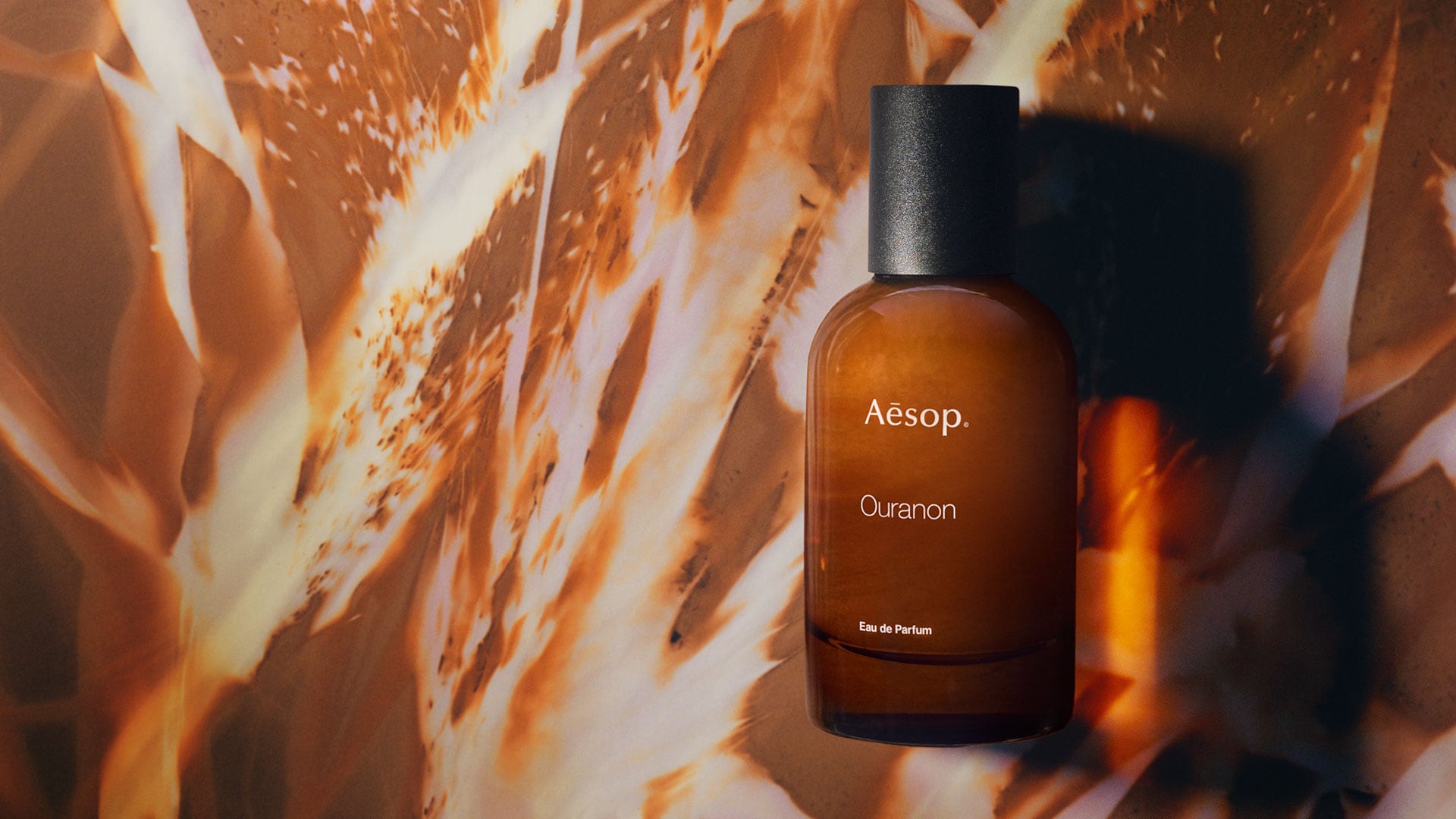Ted Conover’s name has become shorthand for a certain kind of journalism, one that requires months or even years of embedded reporting and takes on subjects that are usually overlooked by other writers. Sometimes this work takes place undercover, but more often it just requires lots of patience, a sympathetic interest in the lives of others, and a willingness to go wherever the story may lead. The sportswriter Frank Deford has called Conover the “proletarian George Plimpton.” In 1984, he published his first book, Rolling Nowhere: Riding the Rails with America’s Hoboes, which began life as Conover’s undergraduate anthropology thesis. A year spent living with Mexican migrants to the United States became Coyotes, followed by two years driving a taxi in Aspen, Colorado, for Whiteout. In 2000, he published Newjack, a nerve-racking account of his time as a corrections officer at New York’s Sing Sing state prison, which won the National Book Critics Circle Award. His most recent book is Immersion: A Writer’s Guide to Going Deep, a survey of the past half century of literary journalism that is also, he says, “a kind of memoir.”
On a recent afternoon, I visited Conover at his office at New York University, where he is the director of the Arthur L. Carter Journalism Institute. On the shelves were books by George Orwell and Adrian Nicole LeBlanc, and hanging on the wall was the scabbard he had worn when he worked as a slaughterhouse inspector for the United States Department of Agriculture, an experience he wrote about for Harper’s Magazine in 2013. Conover picked up a recent issue of The New York Times Magazine from his desk: Ben Mauk, a young writer he had mentored, had written the cover story. Conover told me his classes tend to focus on the methods of an effective reporter, which he says are often overlooked in journalism programs.


